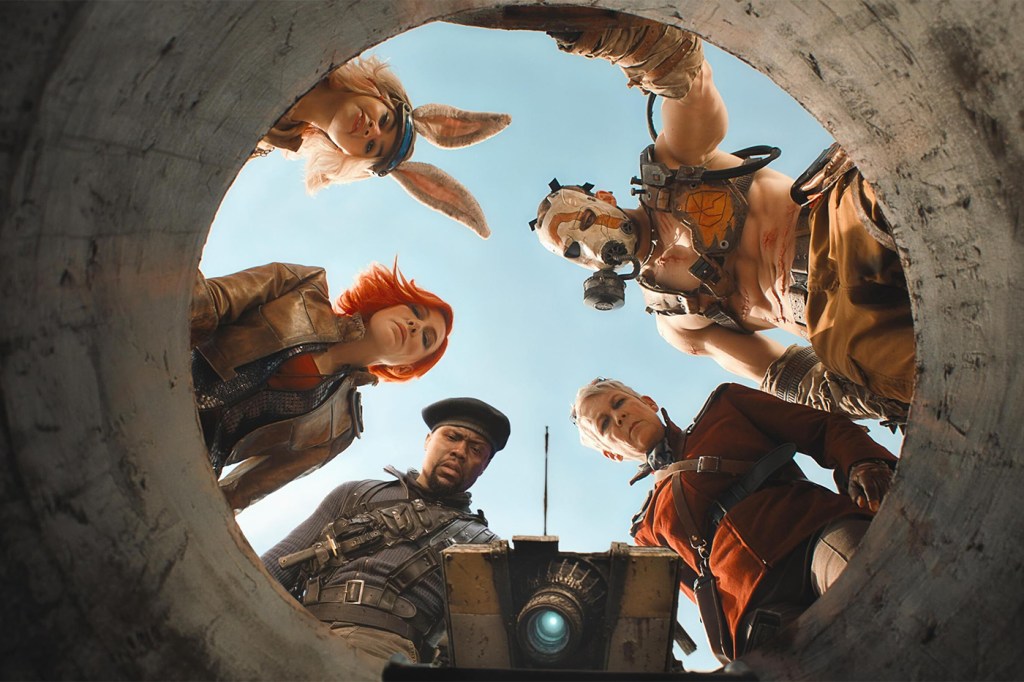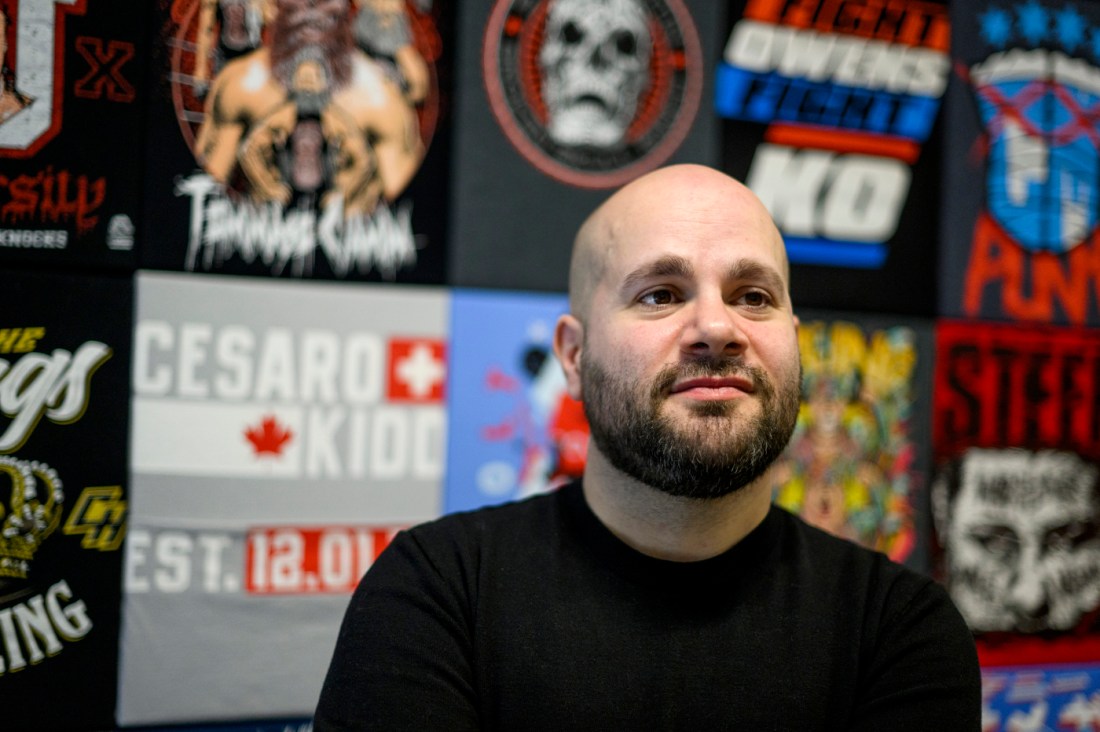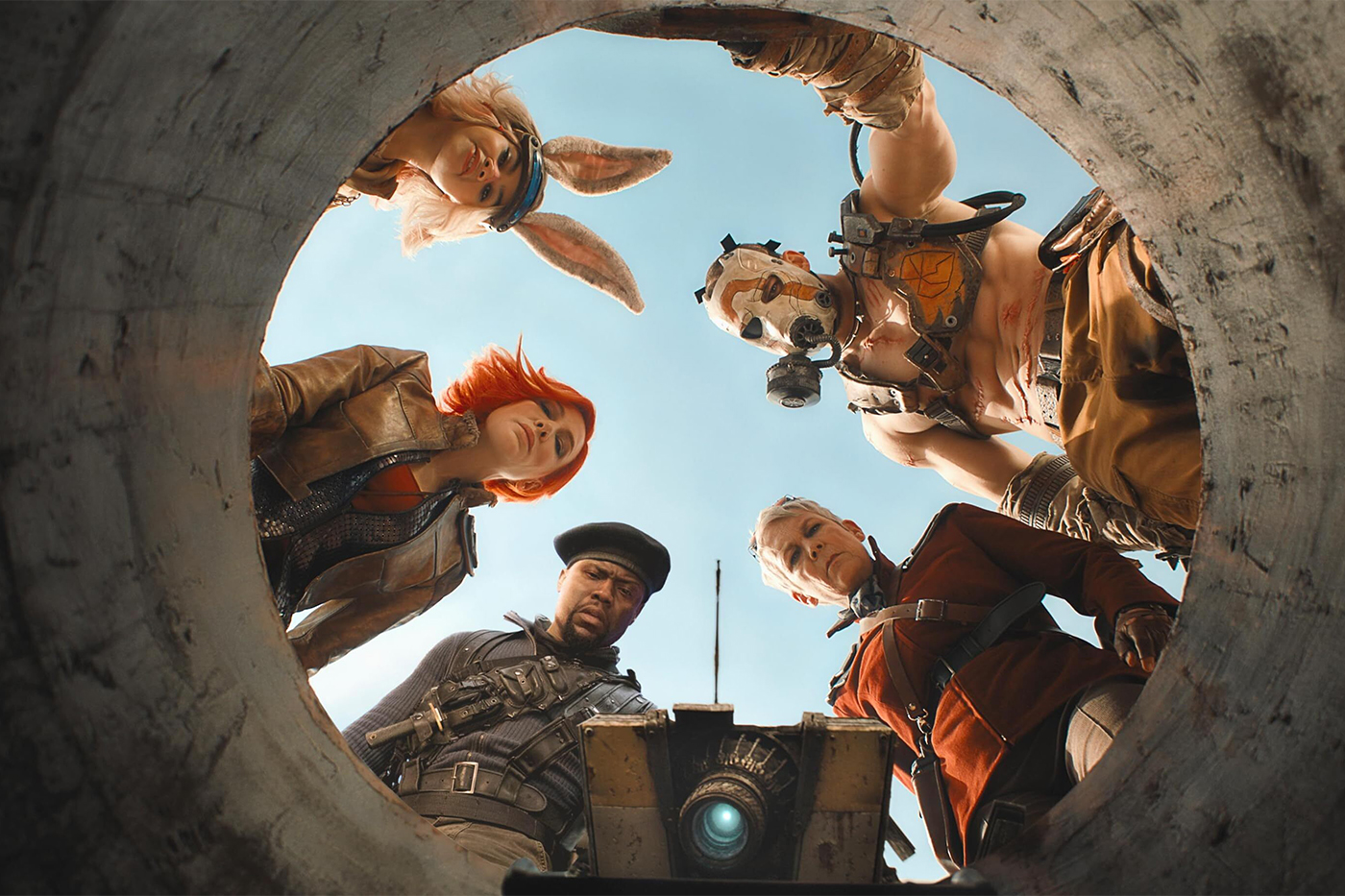Video games have become big business in Hollywood, but successfully adapting a video game for film and television requires more than just a well-known brand, says a pop culture expert at Northeastern University.

“Borderlands” is the latest video game to make the leap from the living room to the big screen: a big-budget adaptation starring many movie stars hits theaters this week.
“Borderlands” follows popular and critically acclaimed TV adaptations like “Fallout” and “The Last of Us,” as well as box office hits like “The Super Mario Bros. Movie,” and comes at a time when Hollywood is embracing video games more than ever. But it wasn’t always this way. For decades, Hollywood faced what many still refer to today as the “video game curse”: the notion that video game adaptations were frequently commercial failures, creative failures, or both.
With another big-budget adaptation on the horizon, the question arises: has the video game curse finally been broken?
Steve Granelli, an associate professor of communications at Northeastern University who specializes in pop culture and fandom, says the curse is a thing of the past – but that doesn’t mean every video game adaptation, like every Hollywood project, will be a hit.
The idea of the video game curse comes from a time when video games were less focused on telling stories that were better suited to film and television, Granelli says. Movies like “Super Marios Bros.” and “Mortal Kombat,” both released in the ’90s, were based on games that, by their nature, contained little narrative.

“There’s this shift in video games and video games becoming part of pop culture. They’re no longer something you do, but something you experience,” says Granelli. “The games are getting longer and more character- and story-driven.”
Even as games became more narrative-driven, Granelli says Hollywood viewed the industry as a factory for intellectual property rather than a source of new stories. Recently, Hollywood has begun to crack the code and pair the right developers with the right video game property in the most appropriate medium for the story they want to tell.
“It was just, ‘Let’s see how we can bring that experience of playing a game that people like to the screen.’ That formula isn’t doable,” Granelli says. “That part doesn’t work, and in the end, nobody is happy with it. When it says, ‘Let’s use this intellectual property to tell a story,’ that’s where the magic lies, but that kind of story and that kind of transition done well is so rare.”
In recent years, however, this has become increasingly rare, in part because Hollywood and the games industry have become more intertwined. Today, big-budget games are not only more cinematic, but the studios and even the creative minds behind those games are heavily involved in the production of the adaptations.
Sometimes, as in the case of Amazon’s “Fallout,” the game studio and studio head are producers on the project and provide feedback. In a case like “The Last of Us,” HBO’s Emmy-winning adaptation of Naughty Dog’s hit post-apocalyptic video game, one of the game’s creative directors and writers, Neil Druckmann, also wrote and directed episodes of the series.
While not every adaptation needs someone as involved as Druckmann, the adaptation represents a step forward from the era when Hollywood took video games and broke them down into pieces that were then used, according to Granelli, for blatant money-making.
“The idea of the video game curse comes from a very predatory model of Hollywood using video games, and there wasn’t really a symbiotic relationship between the two,” says Granelli. “A more transactional and symbiotic relationship between the video game industry and Hollywood is what produces something that audiences like and then maybe critics like.”
Granelli also points out that the most recent and successful video game adaptations have all been on television for good reason.
“You don’t have to tell the entire story that the game tells in 40 hours in 90 minutes or two hours. Take your time. Incorporate some nuance,” he says.
“You’re not forced to cut or discard characters,” he adds. “You actually have the opportunity to have a talented writer or director take some characters or something we liked about the game and develop that further, because maybe the game didn’t give us the opportunity to do that.”
The Last of Us garnered praise not only for its faithful adaptation of the source material, but also for its willingness to devote two of the game’s supporting characters – survivors Bill and Frank – to an entire episode of their story that is never told in the game.
In this way, the best video game adaptations have managed to avoid a problem that is inextricably linked to the transfer of games to other media: the loss of interactivity, says Granelli.
That’s one of the things that sets video games apart as a medium. Without that, what’s even more important is how filmmakers use the things that make film and television different from video games, like the ability to take the perspective of a larger number of characters or a greater focus on dialogue.
The creators of Fallout have chosen a different approach. Fallout, a post-apocalyptic role-playing game series with a dark sense of humor, revolves around the player’s ability to make decisions that affect the story. In adapting it to the screen, the film team did not retell a story from the games, but created a completely new story that retains the game’s unique retro-futuristic world and typical sense of humor.
“We’re not seeing our experience distilled into something; we’re seeing our experience expanded and our fan base expanded,” Granelli says.
Will “Borderlands” further break the video game curse? Granelli is not so sure.
“Borderlands” is based on a first-person shooter series known for its wacky, childish humor. It doesn’t carry the same weight — or pressure — as, say, “The Last of Us,” which has the dramatic punch of an HBO prestige drama.
“The barrier is low,” Granelli says of “Borderlands.” “If the film is entertaining, people will be interested in it. … And if it does well at the box office, which it definitely will, then I think it will be considered a success. But I don’t think it will signal a trend.”
In a way, that’s a sign of progress in video game adaptations. A forgettable or even average version is no longer the norm, but that’s not enough to kill the whole idea of video game adaptations for Hollywood studios. The next video game story told on the big or small screen is just around the corner. There’s always a new level.
Arts and Entertainment
Latest Stories


